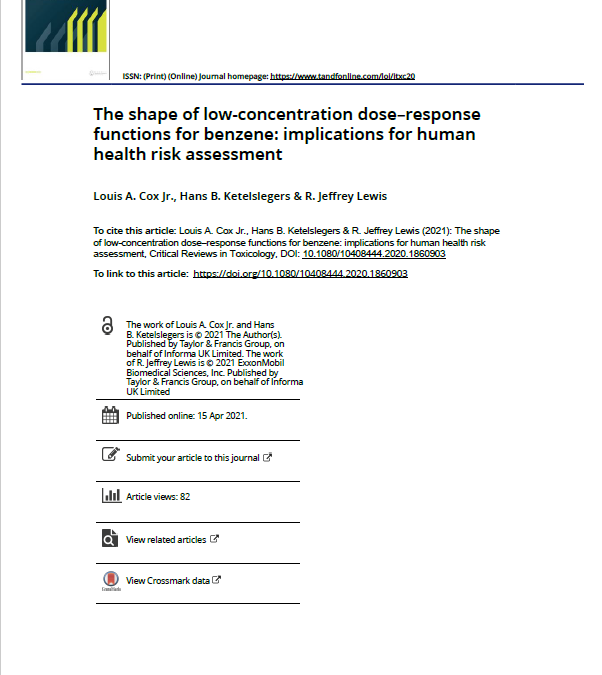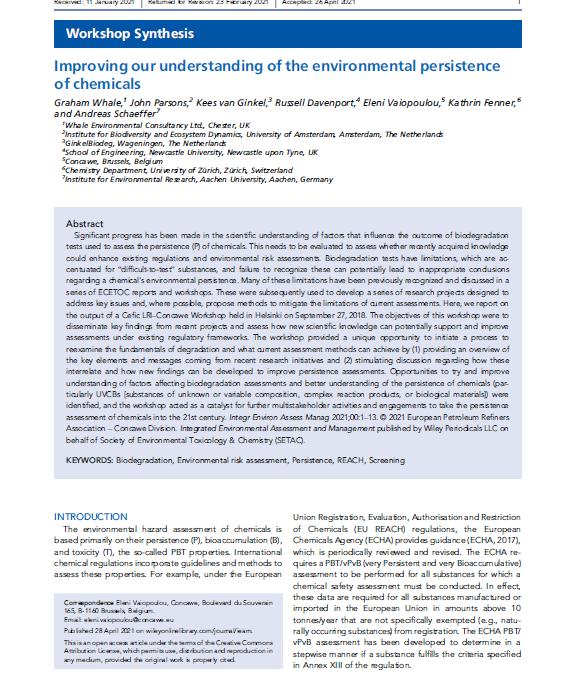

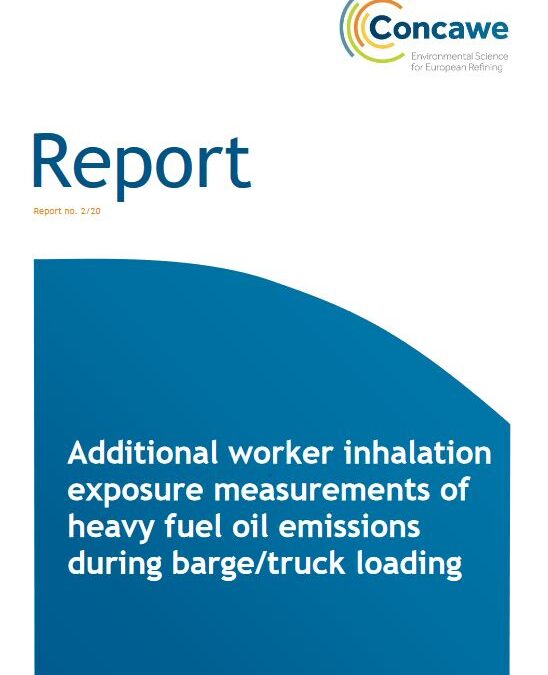
Additional worker inhalation exposure measurements of heavy fuel oil emissions during barge/truck loading
Report no. 2/20: The report details the outcome of a follow-up project of a study initiated by Concawe in 2013, investigating the occupational exposure to emissions from hot Heavy Fuel Oil (HFO) (inhalation exposure to aerosols and vapours) during inland barge loading...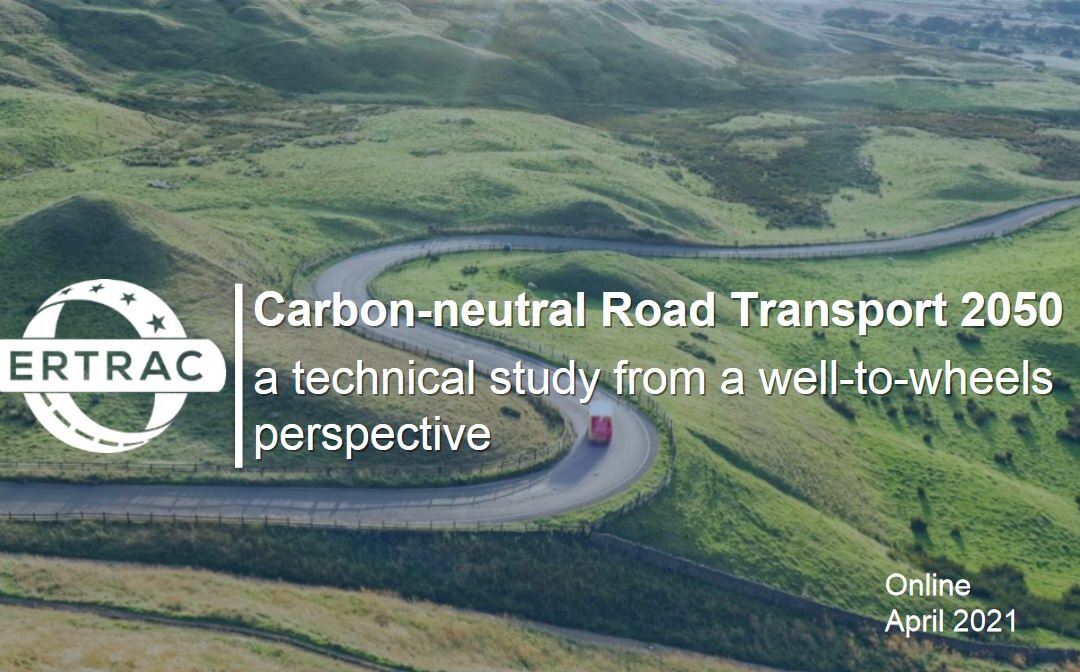
ERTRAC Carbon-neutral Road Transport 2050 – a technical study from a well-to-wheels perspective
The ERTRAC Carbon neutrality Study 2050 (WTW) analyses different “extreme” scenarios and compares effects. It does not aim at giving a projection or at describing the way to achieve a carbon neutral road transport. The study only reflects the views of the contributing...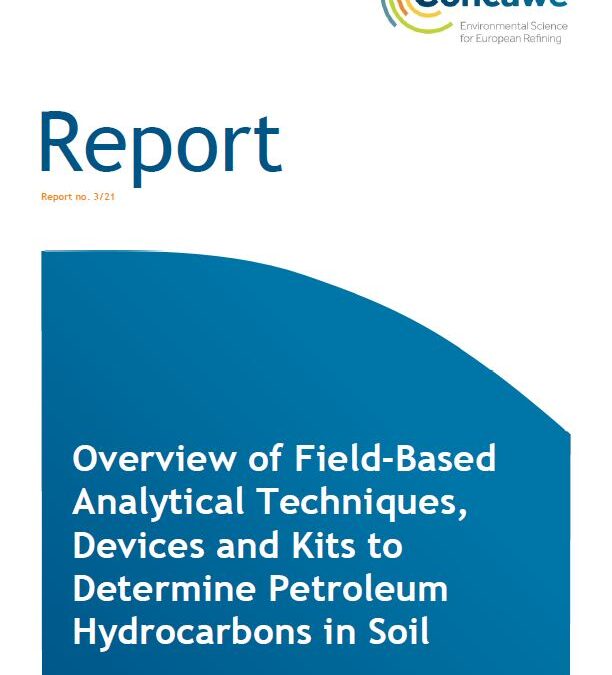
Overview of Field-Based Analytical Techniques, Devices and Kits to Determine Petroleum Hydrocarbons in Soil
Report no. 3/21: Determination of petroleum hydrocarbons in soil has long been an area of active investigation and still attracting interest as there are important and complex environmental contaminants. Several standardised lab-based analytical techniques providing...